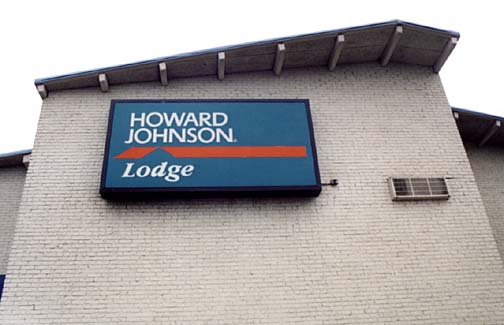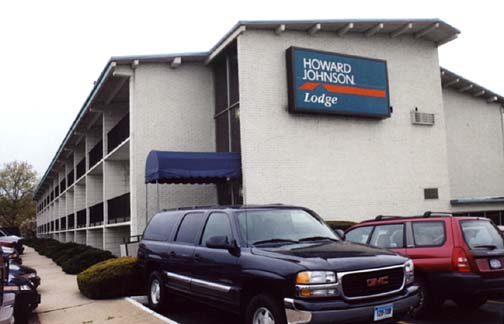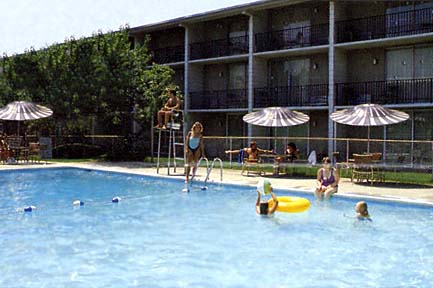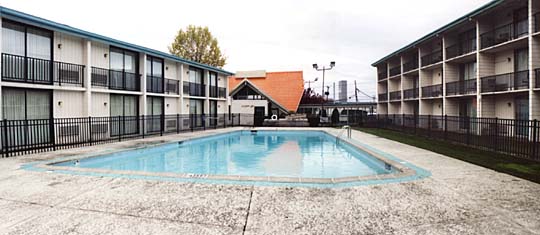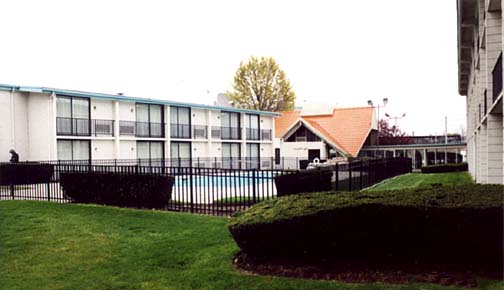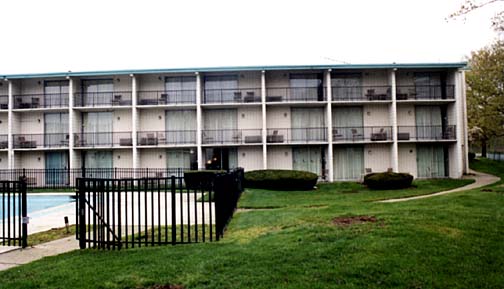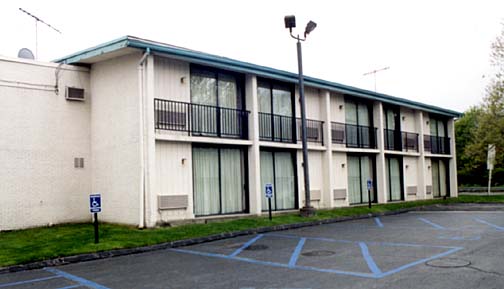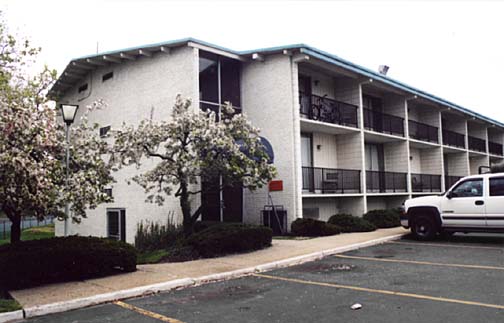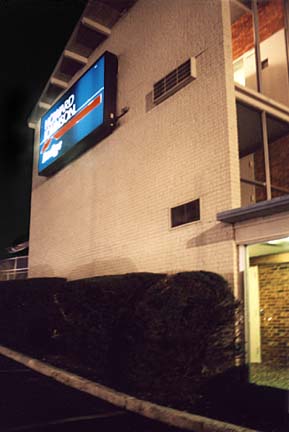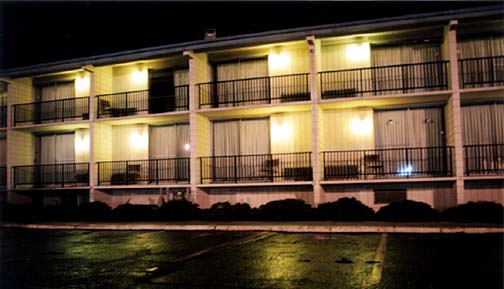As
pristine as it still looked in 2005, Westbury had a dark infamous
past that led to fundamental changes in the way the hospitality
industry approached guest security.
After
having just relaunched her career at the Westbury Music Fair,
Connie Francis was attacked and raped on November 8, 1974 in her
room at the Westbury Howard Johnson's Motor Lodge. Famous as a
pop-vocalist with her many top hits during the 1960s, Francis
sued the Howard Johnson Company after discovering that the broken
lock on her room's door had not been repaired a year after her
attack. The initial suit was for $6 million based on the claim
that the Motor Lodge "had failed to provide her with a safe
and secure room." A jury awarded $2.5 million, but the amount
was thrown out by a judge. Eventually the parties settled in 1977
for $1,475,000. On a personal level, Ms Francis was devastated
by the event and she continues to be haunted by her nightmarish
experience. Here is a transcript of a 2002 interview of Connie
Francis conducted by Larry
King.
Although
lodging facilities had been concerned with guest security since
the industry's beginnings, the rape of Connie Francis in 1974
created a new emphases on protecting guests. New regulations,
procedures and policies were devised, and new technologies were
created and adopted by the industry to better protect patrons.
Moreover bad publicity, and litigation coupled with insurance
risk issues have all served to make safety a higher priority for
the lodging industry. |
